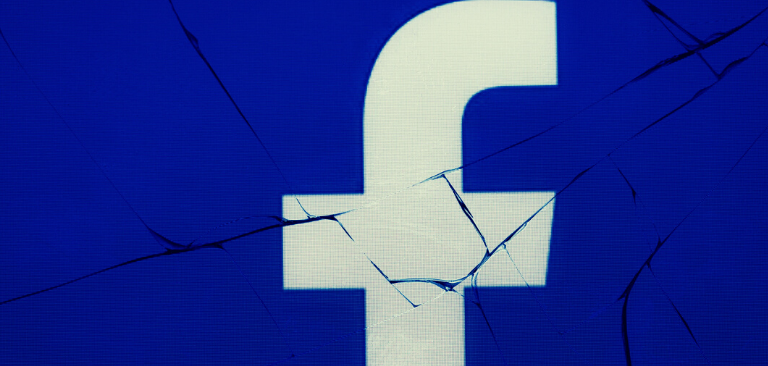

Some buzzwords are more potentially damaging than others, and where online speech is involved, terms like "trustworthy" and "authentic" can be quite (and on the face of it paradoxically) harmful to freedom of expression. And sometimes, like with "coordinated inauthentic behavior," what passes off as standard election campaign effort moved online in one case, gets censored and banned in another.
The meaning of these terms is not properly defined by tech and social media companies writing them into the rules and guidelines that they enforce on their platforms, let alone accepted by all participants in the "game." But they are being used far and wide to censor speech in a variety of ways.
Two basic problems emerge with this approach, and they're nothing new, even if the situation around them is exacerbated now in the feverish atmosphere of a US presidential campaign: first of all, who is "authentic and trustworthy" enough to define the very yardstick by which to measure content and users; and the fact that tech giants are writing deliberately loose and broad rules around these terms.
The companies behind the most influential social media drive users toward promoted sources of information and news publishers because they designate them as either trustworthy or authentic or both, while clamping down on content they decide is neither.
…

Become a Member and Keep Reading…
Reclaim your digital freedom. Get the latest on censorship, cancel culture, and surveillance, and learn how to fight back.
Already a supporter? Sign In.